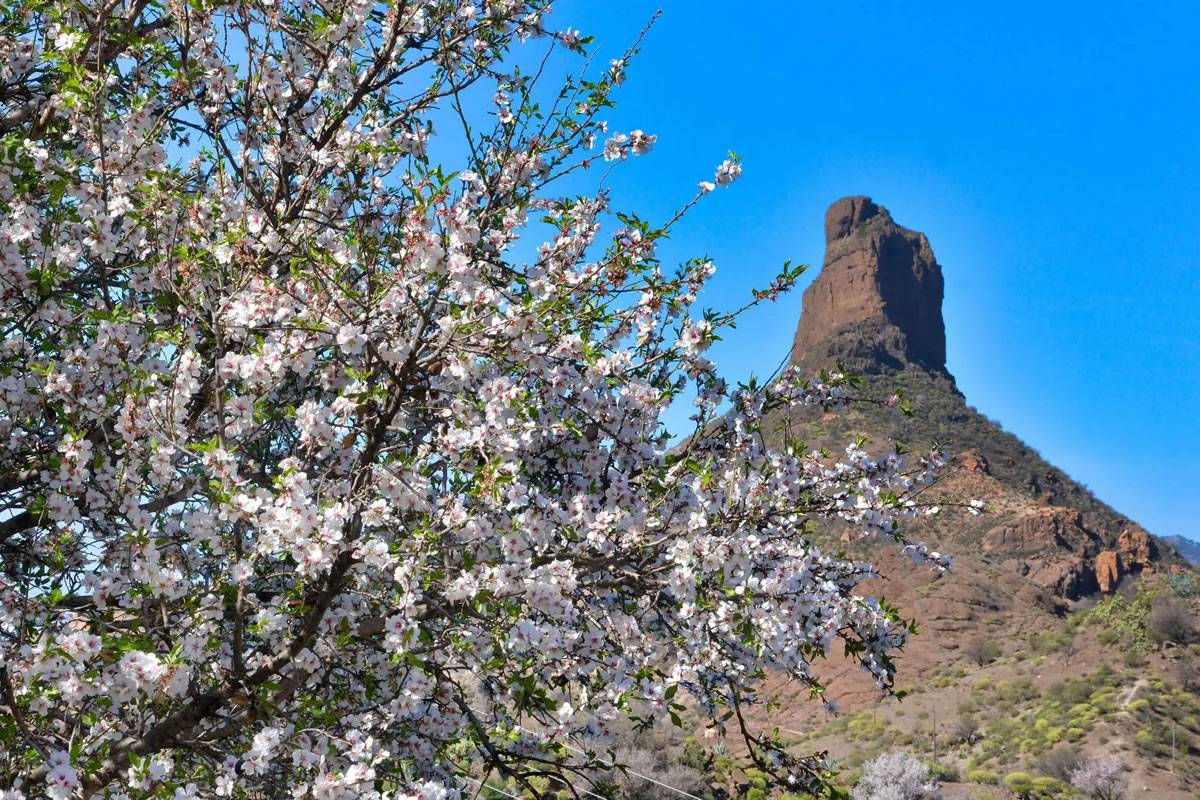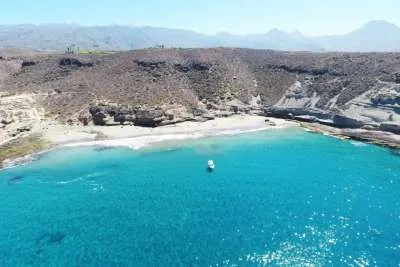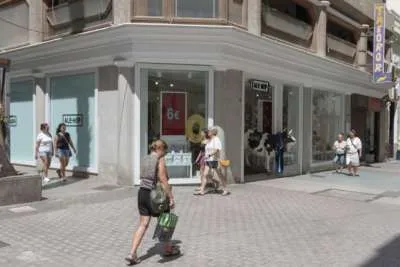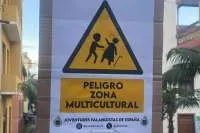Climate change is affecting Almond blossoms in the Canary Islands
- 10-01-2024
- Travel
- Canarian Weekly
- Photo Credit: Sal del Atlantico
January is no longer the month of blooming almond trees as climate change is disrupting the natural rhythm of ecosystems in the Canary Islands. Scientists, beekeepers, and farmers are closely monitoring the shifts occurring in nature due to the evident impacts of climate change, particularly affecting species and their habitats.
The Canary Islands, with ecosystems finely tuned to insularity and subtropical climatology, are witnessing transformations brought about by rising temperatures and increasing drought. Gran Canaria, in particular, sees its green areas being pushed inward as the island grapples with the changing landscape.
The question arises: will the island bid farewell to the breathtaking sight of almond trees bursting into pink and white blooms like a carpet when viewed from above in January?
Almond trees, known as "almendreros" in the Canary Islands, require a specific number of ‘chilling hours’, between 0 and 7°C, to reproduce. These chilling hours trigger the end of their hibernation, leading to a spectacular display of flowers. The almond tree, in a way, heralds the arrival of spring and is celebrated in festivals in municipalities across the islands.
Antonio Quesada, a Biology graduate and member of the Gran Canaria Beekeepers Association (APIGRANCA), emphasises the natural rhythms of nature. While acknowledging the effects of climate change, he cautions against sounding alarms, stating that the delayed flowering of almond trees should be a cause for concern, not panic. Quesada notes that occasional delays in plant flowering can be part of natural cycles and not necessarily indicative of long-term trends.
Quesada explains the potential impact of delayed flowering on plants, stating that heat during flowering periods may prevent fruit formation and disrupt the behaviour of pollinators. The concern among beekeepers is the anticipated scarcity of flowers due to low rainfall, affecting insect sustenance.
Javier Perera, the Agriculture Councillor of Tejeda, expresses concern about the unprecedented warmth in the region, stating, "You look at the almond trees, and there are no flower buds." Perera recalls previous years with early or limited almond blossoms but finds this year's delay worrisome, fearing it may become a recurring issue and a clear indicator of accelerated climate change processes.
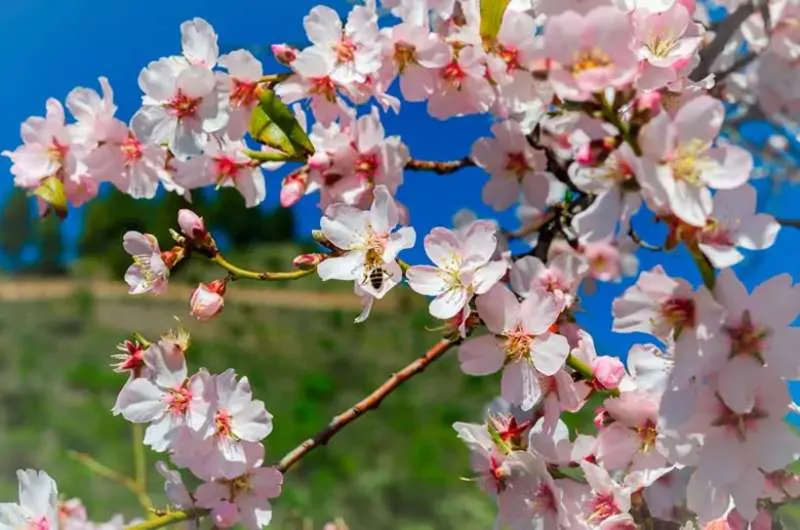
While experts remain vigilant, they emphasize the importance of observing broader temporal patterns before raising alarms, as nature may exhibit cyclical variations. The delayed blossoming of almond trees serves as a cautionary signal, prompting reflection on the urgency of addressing climate change for the well-being of ecosystems and traditional celebrations.
Other articles that may interest you...
Trending
Most Read Articles
Featured Videos
TributoFest: Michael Buble promo 14.02.2026
- 30-01-2026
TEAs 2025 Highlights
- 17-11-2025


